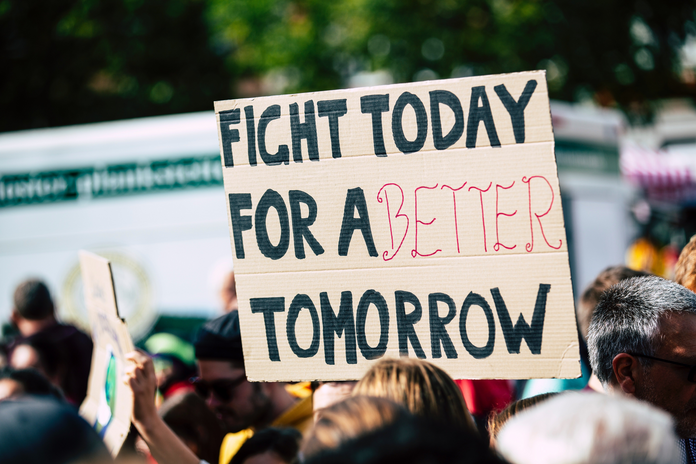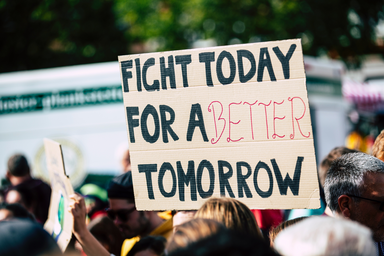The story of Berta Cáceres is often untold. Most of those who have heard of her story are interested in Latin American politics or are from her home country of Honduras. Cáceres played an integral role in the fight against environmental threats caused by the Honduran government. The indigenous Lenca people of Honduras were threatened by the world’s largest dam builder working on the Agua Zarca Dam. The project would affect the treasured Gaulcarque River which was key to the Lenca people’s survival. Additionally, the construction granted permission by the government would go against the international treaties protecting indigenous rights and sacred grounds. In the event the dam was cut off, the Lenca people would lose access to water, food and medicine, as they relied heavily on the river.
Behind the dam
The Agua Zarca Dam was a joint project constructed between Desarrollos Energeticos SA (DESA) and a Chinese-owned company, Sinohydro. However, the mastermind managing the entire thing was Agua Zarca, an influential dam developing group. Regardless of the international treaties, the company went ahead with their plan, inserting construction equipment into Lenca territory. Without receiving an explanation or a notice in advance, the Lenca people were made aware by the large number of equipment and workers entering their space.
The Lenca people needed an individual who would be able to speak up and defend their rights, and who better than one of their own?
Berta Cáceres
Berta Cáceres, a Lenca woman, grew up in Honduras during a volatile and violent political time. Throughout her life, Cáceres valued activism and founded the Council of Popular and Indigenous Organizations of Honduras (COPINH) in 1993. The organization was founded to address the threats against Lenca communities, as well as fight to protect their rights. Cáceres learned the value of aiding those in need through her mother’s work of caring for Salvadorian refugees during the 1980s.
Individuals from Rio Blanco came to ask for COPINH’s help during the construction of the dam in 2006. Cáceres began a campaign against the Agua Zarca Dam. She filed complaints with government authorities, frequently visited Tegucigalpa with local representatives, created an assembly where the community could vote against the dam and led peaceful protests. The campaign drew the attention of international organizations, such as the Inter-American Human Rights Commission.
However, the national government and local mayors falsified documents stating unanimous approval for the dam. Additionally, the government would pay individuals for their signatures declaring support.
The conflict was heightened when Tomas Garcia, another well-known activist, was murdered during a peaceful protest. Other activists were tortured, mutilated, discredited or detained, and none of their aggressors were ever found nor brought to justice.
Eventually, several investors left the project, mainly because of community outrage and protest. Agua Zarca lost its permission from the government, and the project came to an official halt. This led to even more death threats being targeted against Cáceres by the investors.
In 2016, Cáceres was killed in her home by a gunman. Her death was followed by the killing of her colleague, Nelson Garcia. Two years passed by and a Honduran court ruled that DESA had ordered the killing of Cáceres. However, her remaining family seeks justice through the process of a thorough investigation into all parties involved in the conflict.
A legacy for all Latin women
Oftentimes in Latin culture, women are taught to sit and be quiet; the common phrase “calladita te vez mas bonita” is constantly stitched into our minds. However, after learning about Berta Cáceres’ story and the tragedy surrounding it, I have realized the immense threat we are under in our own communities. Even though I live in the United States, a threat to the rights of women in Central America is a threat to women’s rights everywhere. Cáceres’ right to protest, to speak on behalf of others and to live and watch her daughter grow were all stripped away from her. We must continue to support and more importantly listen to these stories and issues. If you want to learn more about Cáceres’ story, visit COPINH’s website where you can also find more ways to support.


